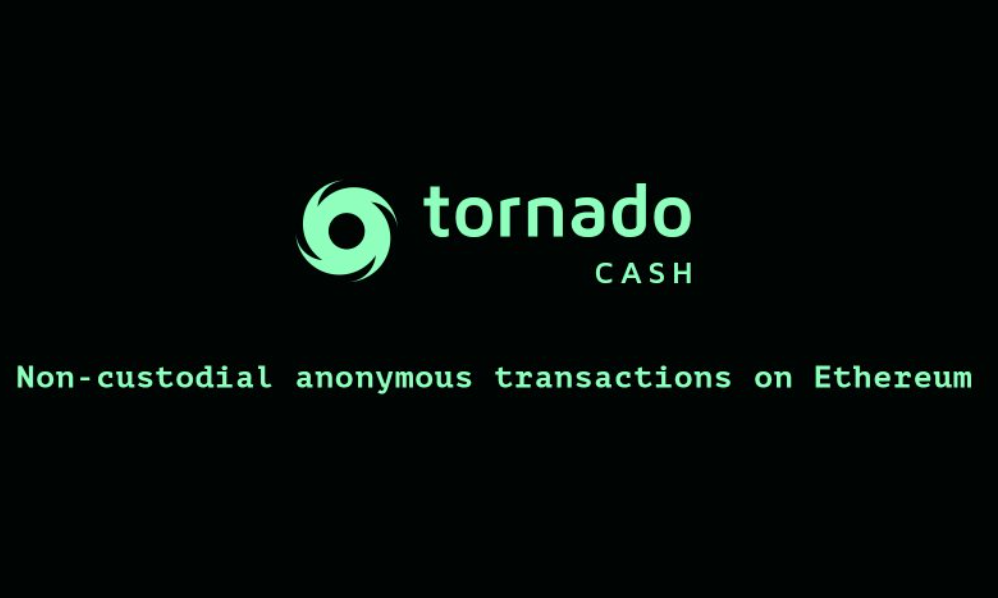Event Background and Legal Ruling
Recently, the U.S. Department of the Treasury officially removed the cryptocurrency mixer Tornado Cash from its sanctions list, ending a regulatory dispute that lasted for two and a half years. This decision stemmed from a ruling by the U.S. Fifth Circuit Court of Appeals in November 2024: the court determined that the immutable and entity-free nature of Tornado Cash’s smart contracts does not classify it as “property” or an “entity” under traditional legal definitions, and therefore the sanctions imposed by OFAC were beyond its statutory authority.
This lifting marks a pivotal turning point in crypto regulation— for the first time, the court explicitly differentiated between “technical tools” and “abusive behavior,” recognizing the neutrality of open-source code. However, it is important to note that the personal money laundering lawsuit against co-founder Roman Storm is still under litigation, and the ruling against another co-founder, Alexey Pertsev, by a Dutch court has not been overturned, indicating that the boundaries between technical compliance and individual responsibility remain to be clarified.

Core Legal Controversy: Technological Neutrality and Regulatory Authority
At the heart of the Tornado Cash case is whether technology should be held accountable for its misuse. U.S. courts ruled that immutable smart contracts are akin to Internet protocols (such as TCP/IP) and lack subjective intent, and thus should not be entirely banned due to a minority of illegal activities. This ruling sets a legal precedent protecting blockchain privacy technology, though it has also sparked a backlash from regulators. In its statement lifting the sanctions, the U.S. Treasury emphasized that it will continue to target illegal financial activities using privacy tools, hinting at the possibility of redefining technological liability through future legislation.
The ruling has profound industry implications:
-
Developer Protection: Open-source developers will not be held liable for third-party abuses, encouraging further innovation in privacy technologies.
-
Limits on Regulatory Authority: Administrative agencies must act within the bounds of congressional authorization, avoiding overreach that could stifle technological progress.
-
Global Benchmarking: Jurisdictions such as the EU and Singapore may use this case as a reference to adjust their regulatory frameworks for privacy tools.
Market Response and Industry Impact
In the short term, the lifting of sanctions on Tornado Cash triggered significant market volatility, with its native token TORN experiencing a surge of up to 100% in 24 hours. In the long run, this event is expected to accelerate the compliance and restructuring of privacy technology ecosystems:
Accelerated Technological Iteration: Tornado Cash developers plan to integrate zero-knowledge proof (ZKP) technology to achieve “verifiable anonymity.” Users could complete on‑chain KYC verification through platforms like JuCoin, thereby protecting privacy while meeting anti‑money laundering requirements.
Institutional Entry Signal: Exchanges such as Coinbase are reassessing their policies on privacy coins, and some institutions have begun testing DeFi products with privacy features, such as combining anonymous cross‑border payments with compliant audits.
Cross‑Chain Migration Trend: To avoid single‑point regulatory risks, Tornado Cash may expand into a multi‑chain ecosystem—for instance, by adopting solutions like SVMBNB to achieve compatibility with Solana and BNB Chain networks.
Challenges and Outstanding Risks
Despite this legal breakthrough, privacy technology still faces multiple challenges:
-
Risks of Criminal Abuse: Data from 2024 indicate that North Korean hacker group Lazarus continues to launder over $380 million through Tornado Cash. As the protocol cannot prevent malicious use, it may trigger another round of regulatory backlash.
-
Jurisdictional Conflicts: The Dutch court’s ruling against Alexey Pertsev has not been overturned, and the EU may introduce even stricter regulations for privacy tools, potentially increasing cross‑jurisdictional compliance costs.
-
Technological Dependence Risks: The immutable nature of Tornado Cash means it cannot proactively upgrade to counter emerging threats; it must rely on Layer 2 scaling solutions or modular design to enhance flexibility.
Future Outlook: Rebalancing Privacy and Regulation
The lifting of sanctions on Tornado Cash signals that the crypto industry is entering an era of “refined regulation,” with future trends likely to become clearer. First, legislation may become more defined, as the U.S. Congress could enact specific laws that delineate the legal attributes of smart contracts and DAOs, providing certainty for technological development. Second, compliance-driven technological innovation will accelerate; privacy protocols are expected to incorporate zero-knowledge proofs and on‑chain KYC tools, enabling regulators to verify the legitimacy of transactions without decrypting data. Finally, global cooperation frameworks may emerge, with organizations such as the G20 and FATF establishing transnational privacy technology monitoring mechanisms to balance innovation and risk through data sharing and unified standards.
This event is not only a victory for privacy technology but also marks the beginning of a rational dialogue between the crypto industry and regulatory bodies. When technological innovation and legal order find a dynamic equilibrium, Web3 privacy protection and compliant development may advance in parallel, reshaping the trust mechanism in the digital era.




